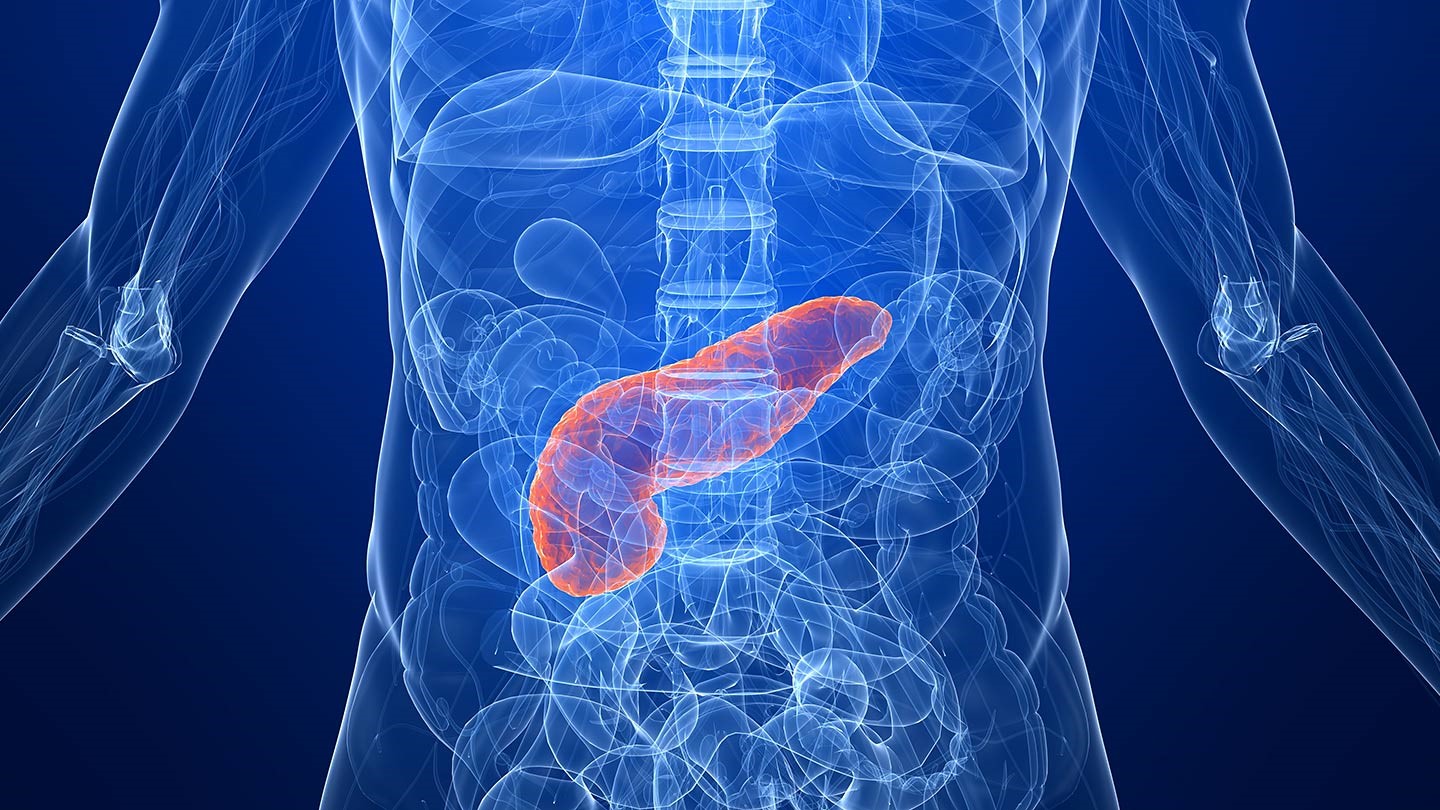Market Overview:
The global Pancreatic Cancer Therapeutics and Diagnostic Market is estimated to be valued at US$3,689.6 million in 2021. This market is expected to experience a significant growth rate of 7.4% CAGR over the forecast period of 2023-2028, according to a recent report published by Coherent Market Insights. Pancreatic cancer is one of the deadliest forms of cancer, and the need for effective therapeutics and diagnostics has never been greater. These products play a crucial role in early detection, accurate diagnosis, and personalized treatment, providing hope for patients and improving survival rates.
Market Key Trends:
One of the key trends in the Pancreatic Cancer Therapeutics and Diagnostic Market is the growing emphasis on targeted therapies. Advances in genomic profiling and molecular diagnostics have enabled the identification of specific genetic mutations and biomarkers associated with pancreatic cancer. This knowledge allows for the development of targeted therapies that focus on inhibiting these genetic abnormalities, leading to more precise and effective treatment options. For example, F Hoffmann-La Roche AG's targeted therapy, erlotinib, has shown promise in treating patients with EGFR-mutated pancreatic cancer.
Porter's Analysis:
– Threat of new entrants: The high barriers to entry, such as stringent regulatory requirements and the need for substantial investments in research and development, make it challenging for new players to enter the market.
– Bargaining power of buyers: As pancreatic cancer is a life-threatening disease with limited treatment options, buyers have minimal bargaining power and are willing to pay a premium for effective therapeutics and diagnostics.
– Bargaining power of suppliers: The suppliers of raw materials and components for manufacturing pancreatic cancer therapeutics and diagnostic products have moderate bargaining power due to the availability of alternative suppliers in the market.
– Threat of new substitutes: Currently, there are limited alternatives to therapeutics and diagnostics for pancreatic cancer. However, ongoing research in immunotherapy and gene therapy may pose potential future substitutes.
– Competitive rivalry: The market is highly competitive, with key players like Merck KgaA, AstraZeneca PLC, and Novartis AG vying for market share. Intense competition drives innovation, leading to the development of novel treatments and diagnostic technologies.
Key Takeaways:
Paragraph 1: The global Pancreatic Cancer Therapeutics and Diagnostic Market Size is expected to witness high growth, exhibiting a CAGR of 7.4% over the forecast period. The increasing prevalence of pancreatic cancer, coupled with advancements in targeted therapies, is driving market growth. For instance, the rising incidence of pancreatic cancer, along with the growing geriatric population and lifestyle changes, contributes to market expansion.
Paragraph 2: In terms of regional analysis, North America is anticipated to dominate the global market, owing to factors such as increasing healthcare infrastructure, early adoption of advanced diagnostic techniques, and favorable reimbursement policies. Furthermore, the Asia Pacific region is expected to witness the fastest growth, primarily due to a rise in awareness about pancreatic cancer, improving healthcare facilities, and increasing government initiatives.
Paragraph 3: Key players operating in the global Pancreatic Cancer Therapeutics and Diagnostic Market include F Hoffmann-La Roche AG, Merck KgaA, AstraZeneca PLC, Novartis AG, and Pfizer Inc., among others. These players are investing heavily in research and development activities to develop innovative products and gain a competitive edge in the market. Collaborations, acquisitions, and strategic partnerships are also prevalent strategies in this market.
In conclusion, the Pancreatic Cancer Therapeutics and Diagnostic Market is set to experience significant growth due to the pressing need for effective treatments and diagnostic methods for this deadly disease. Targeted therapies, the dominant trend in the market, offer new hope for improved patient outcomes. However, challenges such as high research costs and stringent regulations remain. As key players continue to innovate and collaborate, advancements in pancreatic cancer therapeutics and diagnostics hold promise for a brighter future in the fight against this silent killer.





